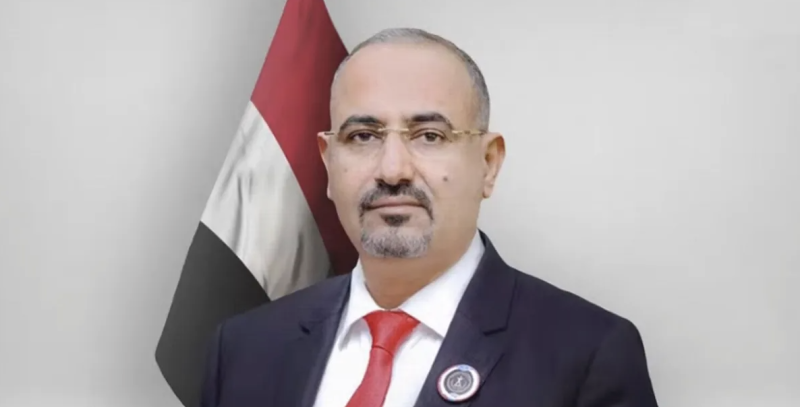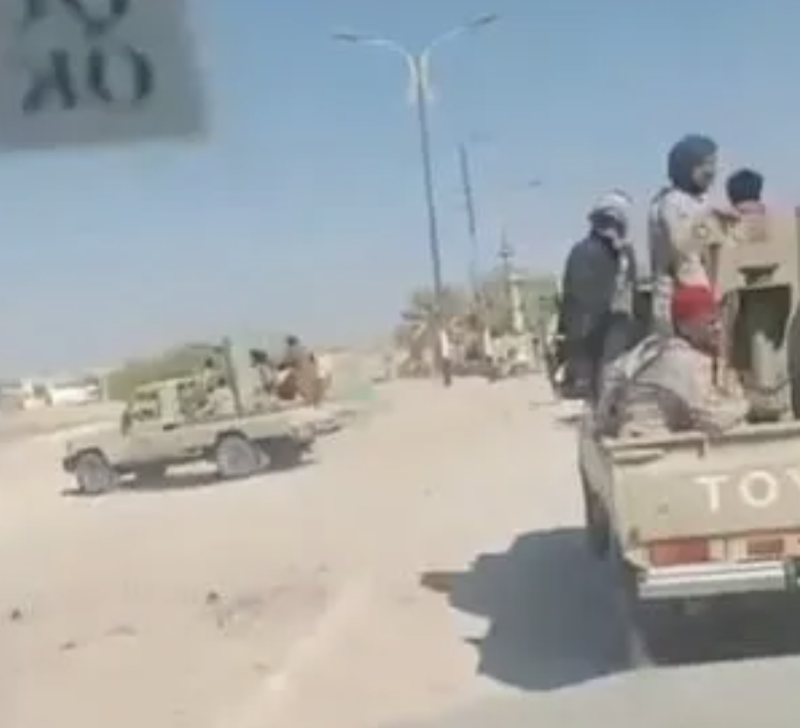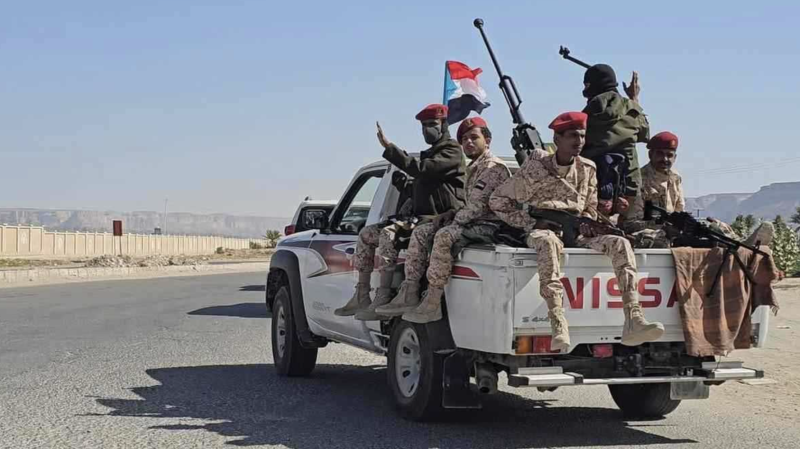Large-scale Huthi offensive roils Yemen's oil-rich Marib


The outcome of the scorched-earth battles raging around Marib city, the Saudi-backed Yemeni government's last northern stronghold, could significantly alter the future course of a conflict now in its seventh year.
The loss of Marib, gripped by a worsening humanitarian crisis, would be a heavy blow to the government, giving the Iran-backed rebels more leverage in any future negotiations or even spur them to push further south, observers say.
Hundreds of combatants have been killed since the large-scale offensive began in February, according to local sources.
Loyalist commanders say the rebels are sending wave after wave of fighters towards frontlines around Marib city, the regional capital, from seemingly inexhaustible reserves.
"The Huthi strategy is... aimed at exhausting (us)," a Yemeni commander told AFP at the sand-swept Al-Kanais battlefront in the north of the city, where loyalist soldiers crouched in sandbag-ringed foxholes and heavy machine guns were loaded on the rear of pickup trucks.
In a pattern emerging across multiple frontlines, the commander said the Huthis are pushing zealous waves of young recruits, many of them children, with the goal of wearing out loyalist forces and depleting their ammunition.
Hours-long gun battles are typically followed by a brief lull to collect the dead bodies.
Then a more lethal wave of experienced Huthi fighters moves in under the cover of constant shelling, the commander said of a desperate rebel strategy that is heaping pressure on loyalist forces.
"The Huthis don't care how many of their men die," he added, a point echoed by other Yemeni officials, including Marib's governor Sultan al-Aradah.
"They are sacrificing the people of Yemen... But they will not be able to reach Marib no matter the price we have to pay," added the commander, who requested that his name be withheld.
- 'Sacrifice young men' -
Marib is already paying a huge price since the Huthis, who set their sights on taking the area last year, relaunched their offensive in February on the back of large reinforcements.
The city of Marib and some outlying areas make up the last pockets of government-held territory in the north, the rest of which is under rebel control, including the capital Sanaa.
Non-aligned observers of the conflict are alarmed at the high casualties around Marib, with one international official telling AFP "the Huthis seem to have a lot of fighters to throw into the battle".
"At the end of the day, the Huthis will say, 'We still have fighters... and we can sacrifice people and young men'," this official said.
An AFP journalist travelled to Marib from Saudi Arabia in an Apache helicopter at the invitation of the Riyadh-led military coalition battling the rebels.
The low-flying aircraft hovered above sprawling oil fields, a natural gas bottling plant and a modern dam that supplies freshwater to the parched region, assets that make Marib a prized target.
The city itself is splashed with posters of fallen commanders and brimming with checkpoints that watch against Huthi infiltrators and sleeper cells.
Marib is home to hundreds of thousands of civilians already uprooted by Yemen's ongoing conflict –- and they face the prospect of being displaced again in a country with fewer and fewer safe havens.
"My husband has lost his mind" due to war and constant displacement, said Hala al-Aswad, a 40-year-old mother of four sheltering in Al-Suweida, one of the nearly 140 camps that have sprung up in Marib.
"He keeps beating the children."
The escalation in hostilities has displaced 13,600 people in Marib this year, according to the UN refugee agency, putting a heavy strain on the city in the midst of a second coronavirus wave.
Lacking clean water and electricity, the makeshift settlements are overflowing and camp residents say they have repeatedly come under Huthi shelling.
One woman in Al-Suweida, on the edge of the city, said she suffered a miscarriage due to the strains of war.
Another woman parted her toddler's hair to reveal a shrapnel wound on her scalp. As she spoke, one child held up a piece of twisted metal from what she said was the wreckage of a shell that hit her camp.
- 'Sons of desert' -
"A ceasefire is necessary," pleaded Arafat Asubari, a 31-year-old camp resident, who is a father of six.
If the fighting doesn't stop, he said, "we will all die here".
In March, the Huthis rejected Riyadh's call for a nationwide ceasefire. They have instead escalated missile and drone strikes deep inside Saudi Arabia, which provides air support to Marib's loyalist forces.
Officials in Saudi Arabia criticise US President Joe Biden's decision to rescind a terrorist designation imposed on the Huthis by his predecessor Donald Trump, saying the concession has emboldened the rebels.
Western officials defend Biden's decision, saying the designation, which came late in the Trump presidency, would have worsened Yemen's humanitarian crisis by further impeding access, while doing nothing to blunt the Huthis' military ambitions.
But one Western official said he slammed the Marib offensive as a "big mistake" during direct talks with Huthi negotiators, drawing parallels with stalemated fighting during World War I that only added to widespread suffering.
The plea, the official told AFP, fell on deaf ears.
Meanwhile, Marib's tribes have responded to local calls to send their men to reinforce frontlines alongside the loyalists, with many saying that the terrain offered them an edge over the Huthis, known to be more adept at mountain warfare.
Describing themselves as "sons of the desert", many Marib tribesmen see a military advantage in a largely flat desert landscape dotted with scrubby bushes.
"Let them (Huthis) come," said the frontline commander, quoting a tribal elder from Marib.
"We will kill them all."

Aden -- The Southern Transitional Council (STC) in Yemen announced on Friday the beginning of a two-year transitional phase, urging the internation…

Hadramout -- The Southern Transitional Council (STC) in Yemen announced on Friday that seven Saudi airstrikes targeted one of its camps in Al-Khash…

Aden – Yemeni media outlets reported on Wednesday that southern government forces in Hadramout confirmed the stability of the situation in th…